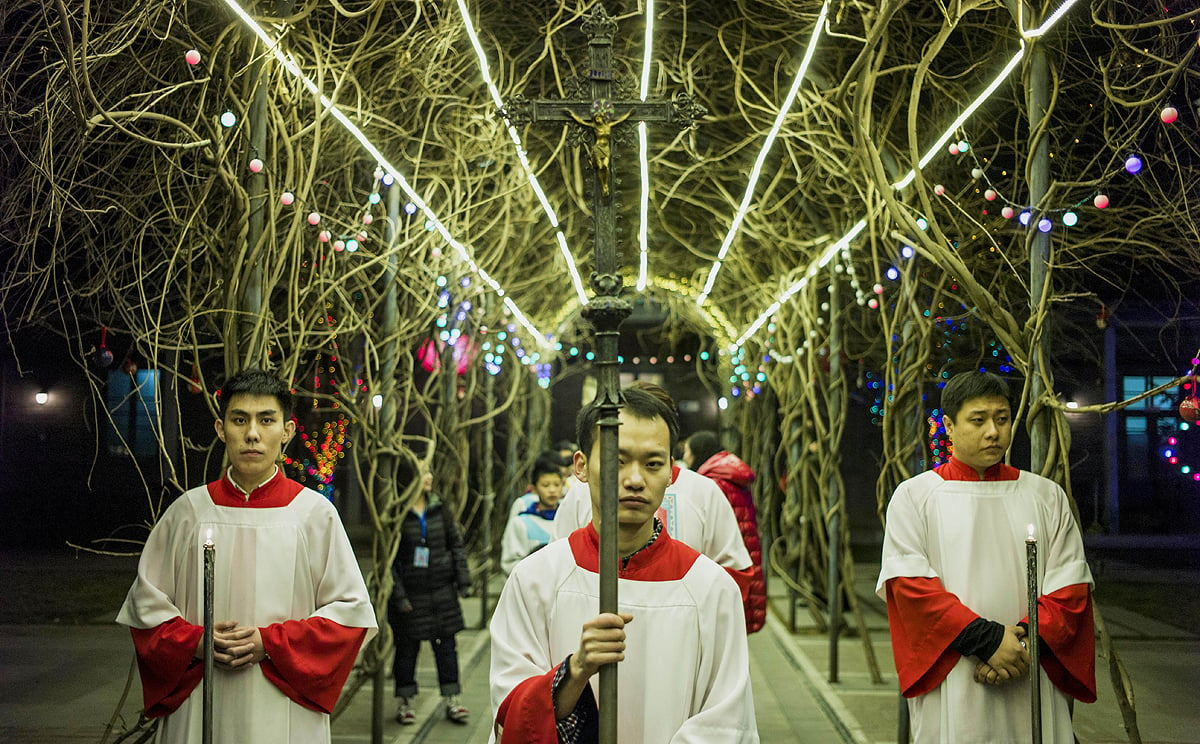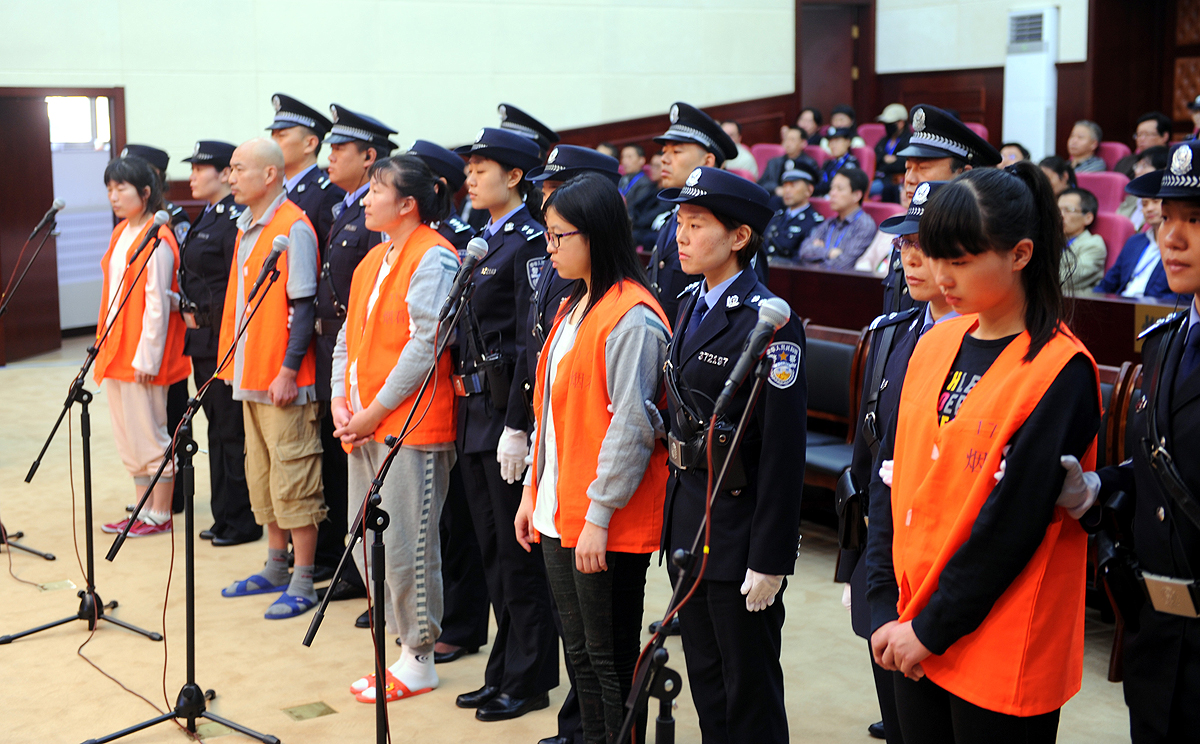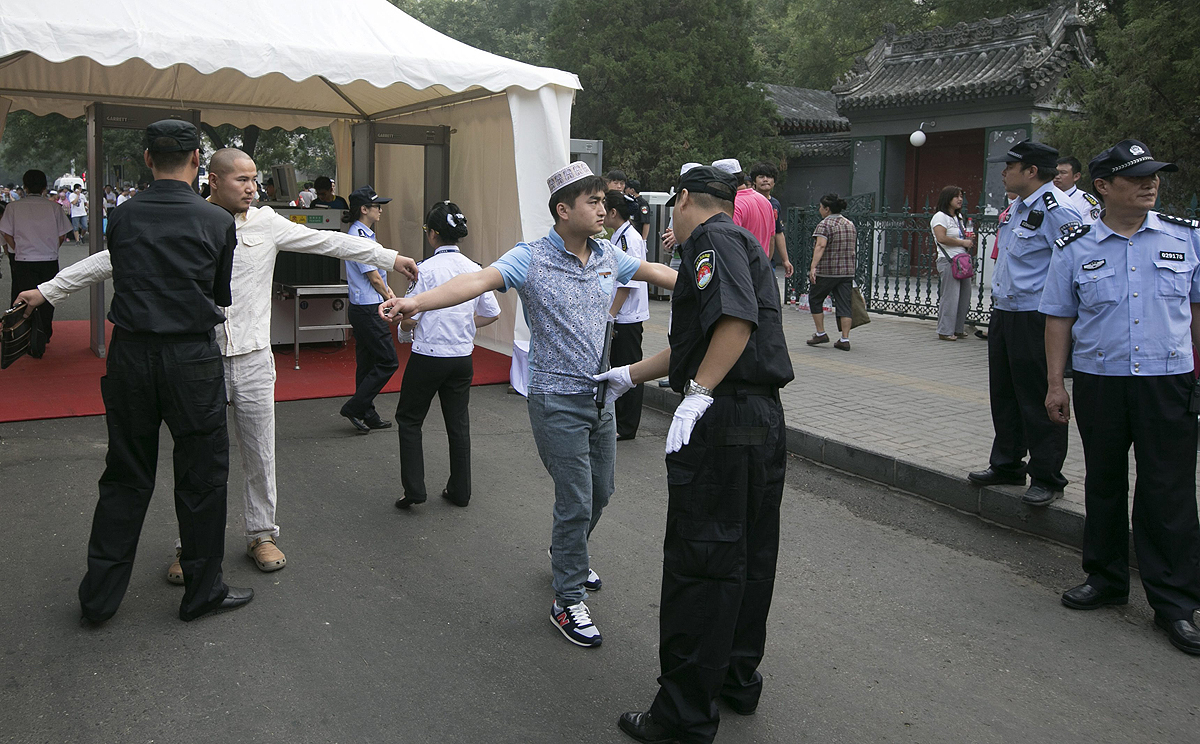China to list legal places of worship, ‘root out’ illegal activities: state media
Names and addresses of 'Buddhist and Taoist' places of worship to be published by officials but no mention of Christianity or Islam
PUBLISHED : Saturday, 27 December, 2014, 5:15pm
UPDATED : Sunday, 28 December, 2014, 1:13am
Reuters in Shanghai

Wang Zuoan says names and addresses for "all Buddhist and Taoist venues" would be published within two years. Photo: SCMP
China is to publish online details of legal religious venues, the official Xinhua news agency reported yesterday, apparently in an effort to identify unsanctioned groups as part of an effort to "root out illegal religious activities".
Names and addresses for "all Buddhist and Taoist venues" would be published within two years, said Wang Zuoan, director of the State Administration for Religious Affairs.
Xinhua made no mention of other religions but quoted Wang as saying the information would help stop illegal religious activity in unauthorised locations.

Young worshippers attend a Christmas Eve mass at a Catholic church in Beijing. Photo: AFP
The government's attitude toward religion has softened significantly in recent decades, and people are allowed to practice religion at various sanctioned institutions that are required to preach and practice loyalty to the government.
Despite the rules, unsanctioned religious movements, which the authorities call cults, have proliferated in recent years, and the government has grown increasingly active in trying to discourage their growth.
A court jailed 21 members of banned religious group Quannengshen and executed two this year after members were accused of murdering a woman.

Quannengshen cult members charged with committing intentional murder stand trial at the Yantai Intermediate People's Court, Shandong province in October. Photo: Xinhua
Beijing also maintains a ban on the Falun Gong church, which has become one of the most strident public opponents of the Chinese Communist Party.
Anti-cult messages are also prolific on message boards in some city neighbourhoods.
The government is locked in a long-running dispute with the Vatican over who appoints Catholic bishops, and in recent months some officials have removed crosses from Christian churches and banned Christmas symbolism.

Muslim men undergo security checks at the Niujie Mosque in Beijing as they celebrate Eid ul-Fitr in July. Photo: EPA
The government is even more suspicious of Islam, and has tried to discourage traditional Muslim practice in the Xinjiang autonomous region.
It has also tried to suppress political activism among Tibetan Buddhists.
The government says resistance to its rule in the Muslim and Tibetan Buddhist communities is inspired by outside forces eager to dismember China, and defends its religious policy as fitting for "reasonable practitioners".
